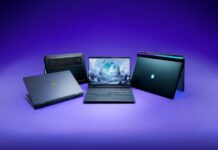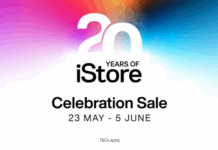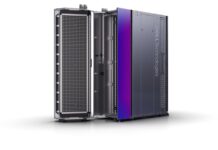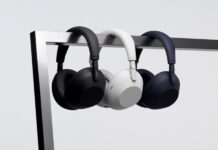The age-old tradition of going to school with a backpack or a briefcase could most notably be something of the past. It is obvious that technology is evolving, and most of all it is aimed at making human life more comfortable.
Many high school students suffer back injuries such as scoliosis because of the ridiculous weights they have to carry on their backs (quite literally). Daily subjects are increasing and the amount of weight carried by a single child is becoming unbearable. Tablets may just be the answer to all the back-aching issues.
Carrying a tablet like the ASUS ZenPad and the Transformer Book T100HA may harbour great advantages for students in daily life, taking into account that these tablets weigh between 500 and 600 grams each. Tablets help students learn more material faster and technology-based instruction can reduce the time students take to reach a learning objective by up to 80%.


They are also capable of holding hundreds of textbooks on one device, plus homework, quizzes, and other files, eliminating the need for physical storage of books and classroom materials. This streamlines the education and learning process while being much more compact and easy to carry. The ASUS Transformer Book has an internal memory of up to 64GB and the Zenpad’s 8GB.
E-textbooks on tablets are also much more cost-effective than traditionally printed textbooks. After the initial purchase of a tablet, the prices for digital editions of most textbooks are much less than their print counterparts as the cost of printing is eliminated.
These tablets can also be used to make notes in class on a pre-loaded notebook app which inherently replaces paper-notebooks. Classes could also be recorded and pictures taken of the teacher’s notes to store for later use. The notebook apps also give students the ability to highlight and edit text while writing notes without ruining a textbook for the next user. Essentially one would never have to visit a stationary shop again.
Tablets help students to prepare for the world that is mostly immersed in technology. Learning technology skills earlier in life will prepare the youth to pursue relevant careers in the future.
Probably one of the most intriguing effects of going digital is the amount of paper that will be saved. Tablets lower the amount of paper that teachers have to print for hand-outs and assignments which aid in helping the environment.
In South Africa, there is a unique situation. South Africans struggle with poverty and unreliable resources, such as electricity (load shedding). Following, mostly middle- and upper-class students will have the opportunity to actually benefit from new technology and the technological classroom. There are also projects in place to supply rural schools with the resources they need and tablets to all students.
In two isolated rural villages in Ethiopia, the One Laptop Per Child organisation dropped off closed boxes containing tablets pre-loaded with educational apps, taped shut, with no instruction. Within only five days, elementary school-age students without prior education were using 47 apps per child, per day. Within two weeks, they were singing ABC songs, and within five months they had successfully hacked the tablet’s operating system and customised the desktop settings.
As in the case of load shedding, it should be stated that even a printing press will not work without electricity. These tablets which have high potential in South African schools can bridge these schedules with the on-board battery supply. The ASUS Transformer Book promises a 12-hour battery life, which could be useful on those cold, dark nights while learning for an upcoming test.
The technology revolution has come for the current youth, and this will most probably build the bridge needed to simplify and streamline the education systems of the future.




























